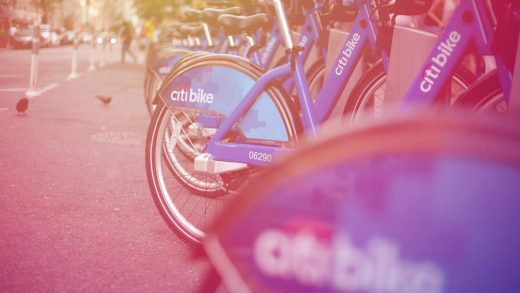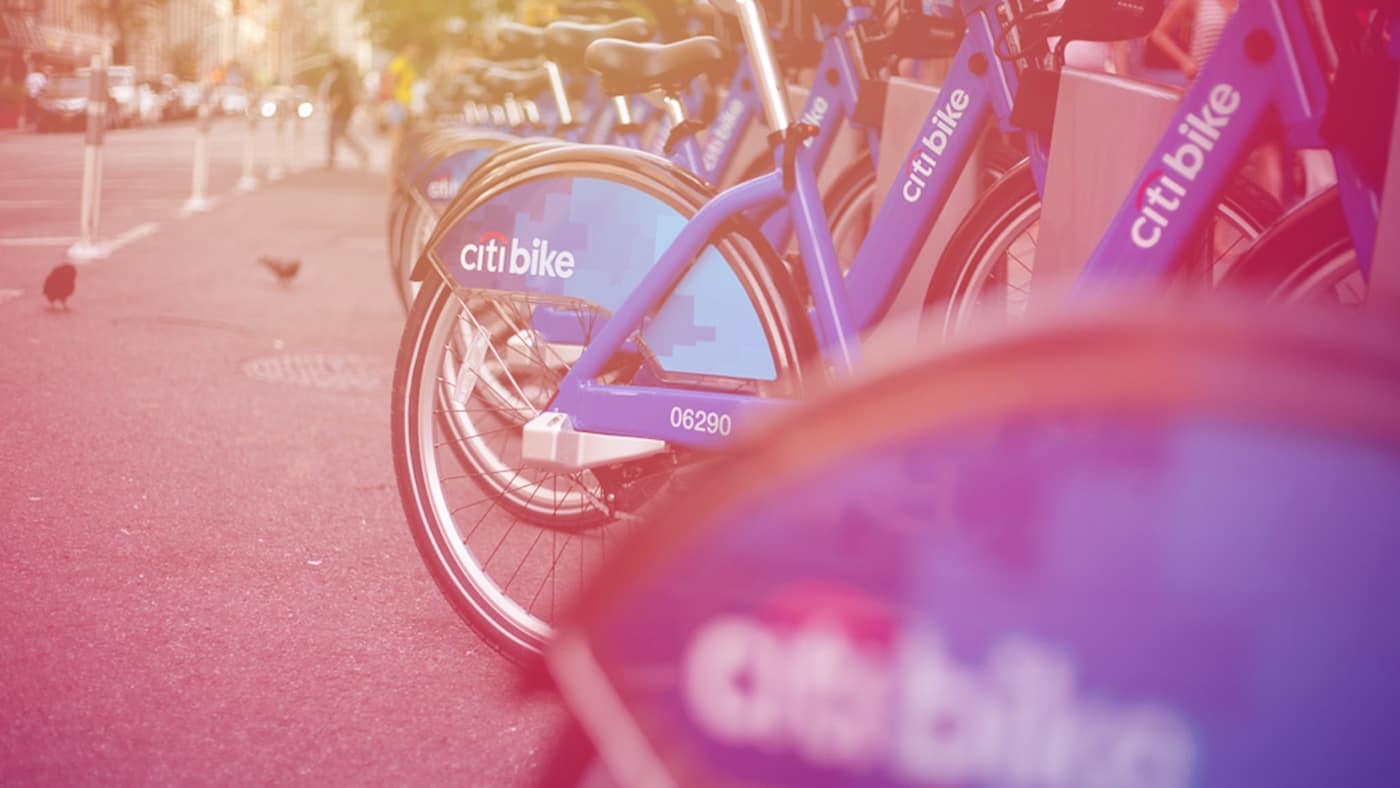With its acquisition of Motivate, Lyft gets in on bike share
Lyft has inked a deal to acquire Motivate, the largest bike-share system operator in North America, and the parent company of well-loved networks like New York’s Citi Bike and Chicago’s Divvy. As part of the deal, all of Motivate’s city contracts will transfer to Lyft, which will also incorporate the bike-share company’s corporate structure and technology. Motivate’s maintenance and servicing operations will remain separate.
The deal comes at a time when more and more cities are recognizing the value of trying to reduce private-car ownership and usership–something Lyft and Motivate claim as one of their core business goals. In a release detailing the deal, Lyft co-founder and president John Zimmer said: “Bringing together Lyft and Motivate will accelerate our collaboration with cities and deliver even better experiences to our passengers and riders.”
Both bike share and ride share are booming business propositions, and the Lyft-Motivate union post-dates the merger announced between Uber and the dockless bike-share company Jump in April. There has been concern, however, that both ride share and bike share (particularly dockless) have not done an adequate job of working with local regulators and transportation departments in rolling out their services, which have fundamentally altered the transit options on offer.
The goal of the Lyft-Motivate merger, by contrast, seems to be to increase collaboration with the local regulators in cities where they operate. From the release:
Motivate brings a unique perspective on and expertise in operating bike-share platforms in partnership with cities and local governments across the country. Motivate’s collaborative approach with cities mirrors the way Lyft has historically worked with regulators and aligns with our strategic vision for bike share nationwide.
While it remains to be seen how this deal shakes out, Lyft claims that its goal is to help increase the presence of bike share in cities, particularly in lower-income neighborhoods that have often been left out of the urban bike-share boom of the last several years.
(5)



